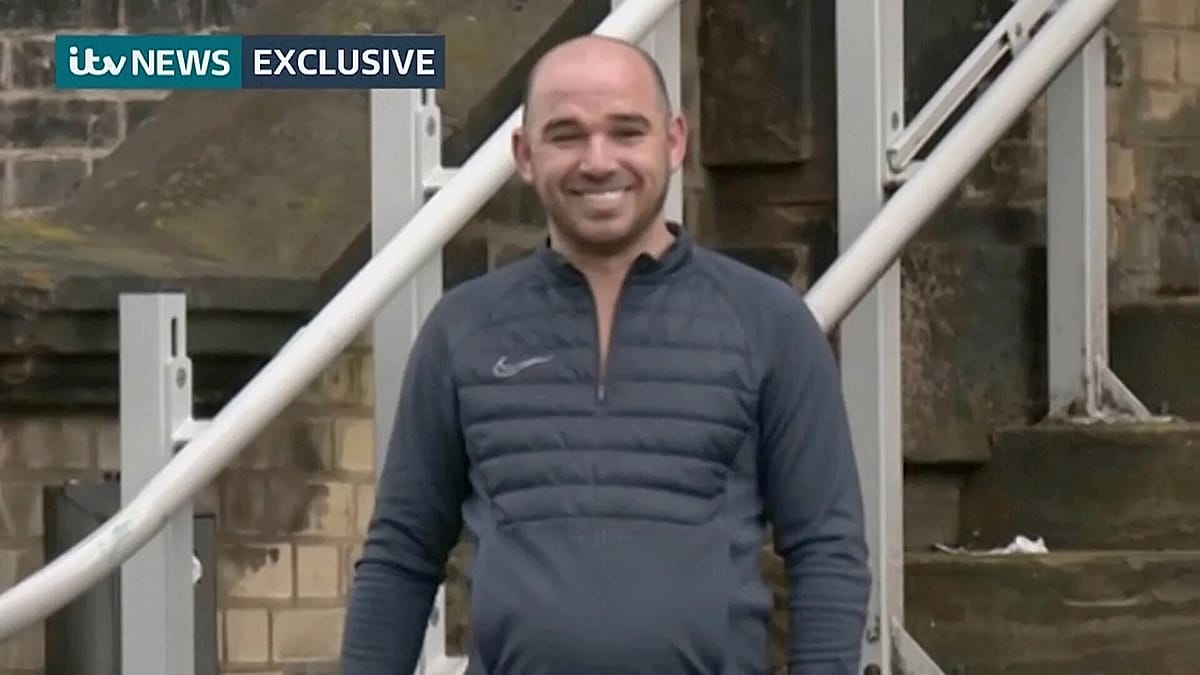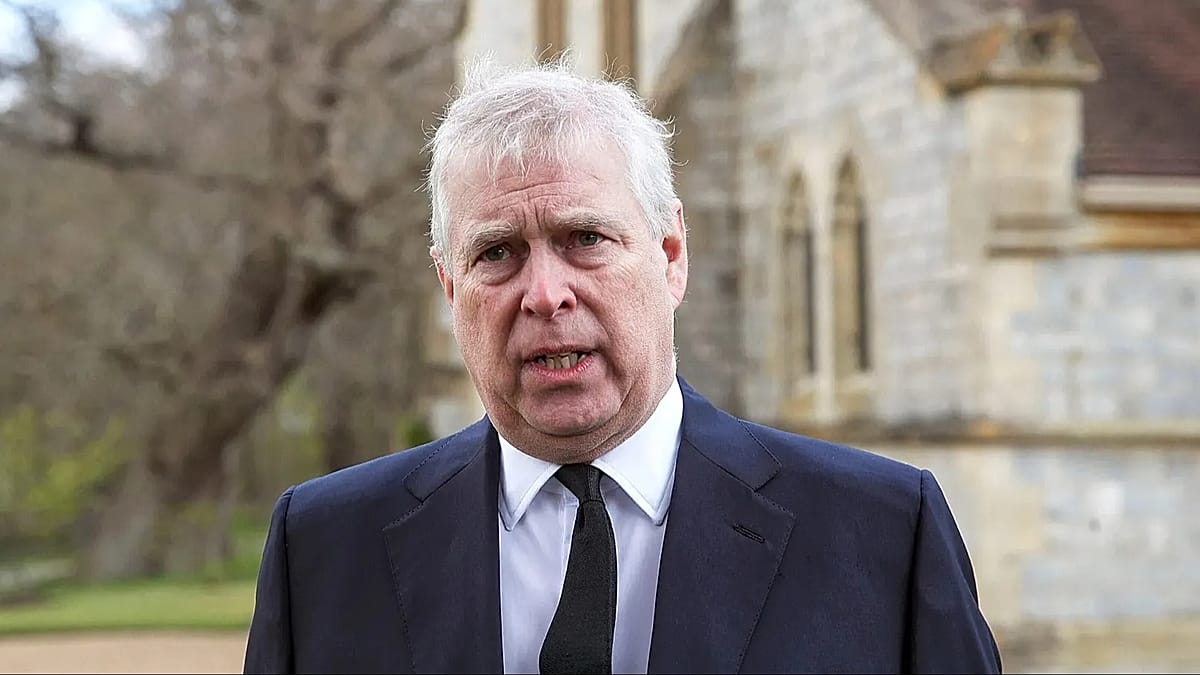Published connected 12/09/2025 - 13:25 GMT+2 •Updated 13:26

A Greek abbot accused of attempting to illegally waste religion relics for €200,000 has claimed they were his grandmother's, presenting his defence during a marathon pre-trial proceeding connected Thursday.
The abbot, from nan Mega Spilaio monastery successful nan Peloponnese, and 5 different suspected accomplices were arrested connected Monday, pursuing an investigation by Greek police.
The suspects, who are being held successful custody while awaiting trial, are accused of forming, directing and joining a criminal organisation. The different charges they look besides see embezzlement. The six person denied each nan charges against them.
Police said nan web attempted to waste 17 Byzantine icons and 2 uncommon gospels dated 1737 and 1761 to an undercover female serviceman for €200,000.
The 69-year-old alleged ringleader maintained contacts pinch auction houses successful Germany and Cyprus for exporting nan artefacts abroad, investigators said.
At slightest 1 icon and some gospels had been stolen from belief sites successful nan Sparta region, authorities said.
The investigation began successful precocious July pursuing an anonymous tip, constabulary said. Undercover officers posing arsenic antiquities dealers infiltrated nan web done meetings astatine restaurants, agrarian locations and wrong nan monastery itself earlier nan Sunday apprehension operation.
The Greek constabulary detained nan leader and his adjunct successful nan Kalavryta area of nan Peloponnese.
The defendants are expected to stay successful custody pending completion of nan investigation and general indictment proceedings. If convicted connected each charges, they could look lengthy situation sentences nether Greek law.
The Greek Orthodox Church's Metropolis of Kalavryta instantly dismissed some clerics and appointed Metropolitan Ieronymos to service arsenic interim abbot.
The Ministry of Culture is presently assessing nan objects to ascertain their value.
The Mega Spilaio monastery, meaning "Great Cave," was founded successful 362 and is built into a cliff look adjacent Kalavryta. It houses valuable belief artefacts and played a important domiciled successful Greece's 1821 War of Independence.

 1 month ago
1 month ago







:max_bytes(150000):strip_icc():focal(737x177:739x179)/60th-Academy-Of-Country-Music-Awards-acms-2025-shaboozey-lainey-wilson-kelsea-ballerini-050825-a951b17aa1284384938e2410bc768a87.jpg)

 English (US) ·
English (US) ·  Indonesian (ID) ·
Indonesian (ID) ·